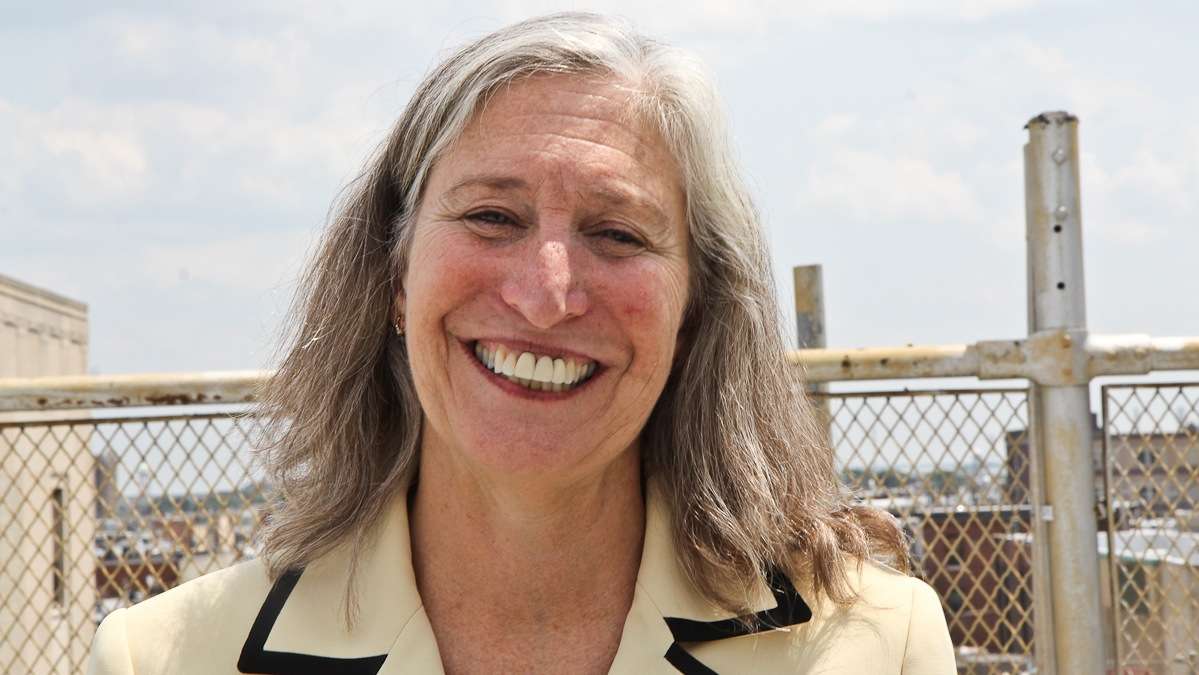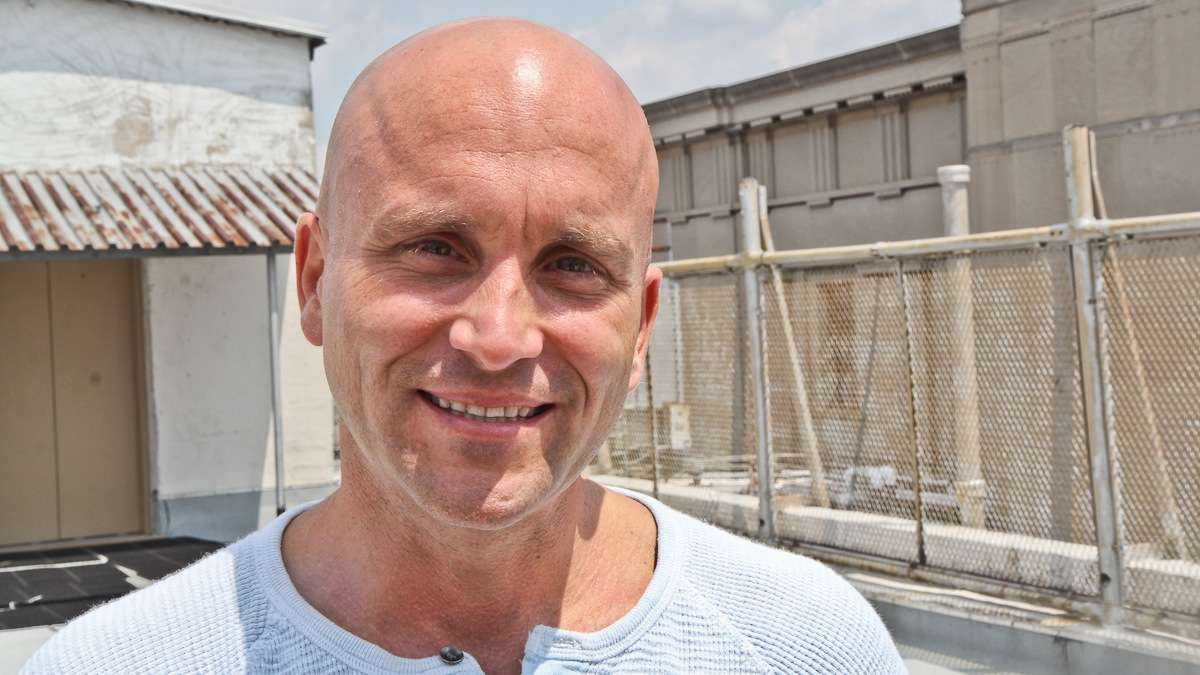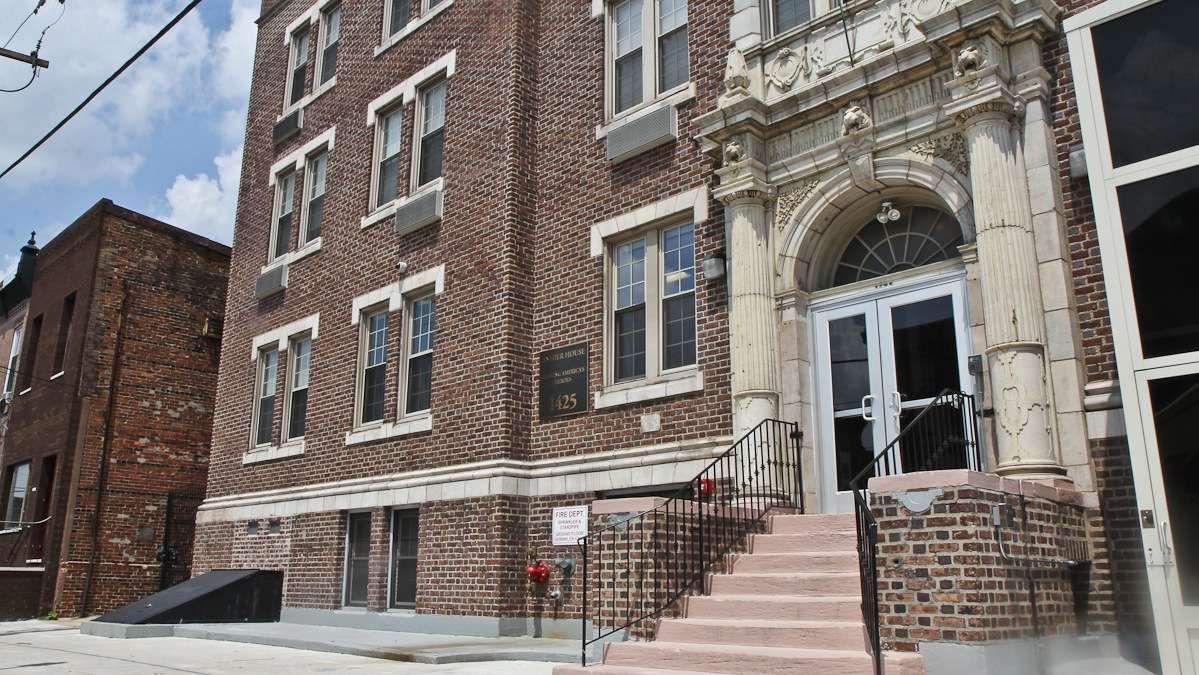Tapping experience, Philly vet helps Snyder House offer new approach to other vets
ListenReturning to civilian life after serving in the military was complicated for Anthony Fedele.
After six years in the infantry, the 39-year-old easily ran his own IT business, but had a hard time troubleshooting his deepseated sorrow.
“I remember sitting on my steps one day looking at a young couple sitting across the street eating lunch. And they’re laughing, and I’m just crying,” said Fedele. “I’m just saying, ‘I don’t understand why I can’t be happy. I served my country. I did what I thought I was supposed to do.’ “
By 2010, Fedele was highly suicidal and landed in a VA hospital.
Being part of what he calls the “traditional pipeline” of treatment, though, didn’t help.
“I came out just as suicidal as I was. In fact, I was even more confused and more disconnected from society,” said Fedele.
It’s why, after some initial hesitation, Fedele decided to help craft a different way of treating vets at Snyder House, a brand-new transitional home for vets in South Philadelphia.
Fedele, who sits on the facility’s advisory committee, said the program’s holistic, highly individualized approach to healing could be a game-changer.
“They offer the ability for someone like me to come in and say, ‘Look, I can balance my checkbook, I don’t need to go to these groups or classes, like I can do that. Teach me how to be friendly, teach me how to smile, teach me how to socialize,'” he said.
Snyder House started welcoming vets to a century-plus old brick building near South Broad Street in early July.
The 40-bed, one-of-a-kind program is part of a push by the U.S. Department of Veterans Affairs to reinvent its residential programs.
Treatment, said program director Joan Ryan, has traditionally unfolded inside a bubble of sorts – completely separated from life’s stresses.
For some vets, that makes returning to independent living daunting as they stare down all of their problems at once.
“The idea with this new rollout is … to establish a smaller, homelike environment for veterans where they can begin their integration into the community, go back into their families, go back into their jobs, while we offer a very structured, supported setting,” said Ryan, also director of recovery services for the VA.
Each vet has a private bedroom and bathroom and is free to leave the building for, among other things, doctor visits, job interviews, social activities and family time.
Offering vets greater control
The standalone program offers a variety of mental health and social services — including therapy and help finding housing and work — to vets of all ages.
Treatment, however, is largely driven by the vets themselves.
Ryan said the approach gives participants a greater sense of control over their lives, something many struggle to maintain even years after they last donned a uniform.
“All across the board, the veteran is the expert on him or herself,” said Ryan. “They know what their needs are and when they see we are actually responding to them and carrying through what they need … that establishes confidence and trust very quickly in the program and then having that confidence in the program has helped them support one another.”
Learning to navigate daily life, though, can be easier than finding joy, she added.
For many, that process takes some real time.
“First, most veterans don’t have an answer when we ask, what brings you pleasure in life, what can you do when you’re not working or going to doctor’s appointments that can make you feel good,” said Ryan.
Treatment at Snyder House ends when the patient and staff together decide it’s the right time. On average, they expect that to take 45 days.
The connection between patient and program, however, doesn’t end there.
If, after leaving, a veteran starts to unravel from the stress of civilian life, the program is designed to be there to extend another helping hand.
WHYY is your source for fact-based, in-depth journalism and information. As a nonprofit organization, we rely on financial support from readers like you. Please give today.










